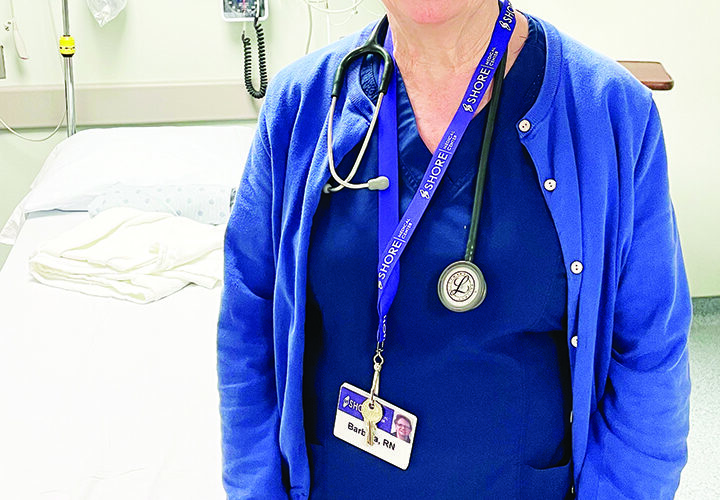SOMERS POINT — Following some debate, City Council approved less-restrictive parking rules in some business zones without owners having to file a formal site plan to take advantage of the change.
On June 22, the governing body also authorized solicitor Tom Smith to send a formal request for recommendations from the Planning Board regarding licensing of cannabis retail and distribution operations.
City Council on May 11 introduced ordinance 10-2023, which eases parking requirements for restaurants in the General Business, Highway Commercial 1 and 2 and Transient Commercial districts.
General Business includes Somers Point Plaza, bordered by New Road, Bethel Road and Groveland Avenue, where there is abundant parking.
Highway Commercial 1 is spread throughout the city and includes a long stretch of New Road, several sections of Shore Road, the Maryland Avenue corridor and a couple of areas of Bethel Road. There’s also a spot at the intersection of New Road and Somers Point-Mays Landing Road and one where Caroline’s is located.
Highway Commercial 2 is limited to one spot along MacArthur Boulevard, from near Braddock Drive to the bridge.
The Transient Commercial district is located along Somers Point-Mays Landing Road between MacArthur and New Road.
The ordinance changes the required number of parking spot from one for every three seats to one for every five seats, potentially allowing businesses to add tables if they have room.
Following first reading of the ordinance, the Planning Board determined that the change is consistent with the city’s master plan but recommended requiring restaurants that benefit from the change by adding more seats file a formal site plan application with the board.
Smith told council members they could choose to include the recommendation, amend it or disregard it.
Councilman Sean McGuigan asked if the process could be handled administratively rather than through the Planning Board, which meets only once monthly, to cut down on the time and cost of receiving approval.
Smith replied that as written, the recommendation calls for a “properly filed site plan.”
Smith said the whole idea of changing the requirements was to allow businesses to expand seating if they have the room and that needing to appear before the Planning Board would complicate the process.
He noted the fire marshal would have to weigh in on any additional tables, noting there would be a level of oversight.
During a roll call vote, Councilman Rich DePamphilis said he would like to keep the ordinance as written.
“If someone wants to add a couple of tables and they are in compliance, I see no reason why they should have to go the Planning Board,” he said.
McGuigan agreed.
“I wish to disregard the recommendations, noting that if they are adding tables they do have to come in and communicate with the construction office,” he said.
Councilman Howard Dill also voted to disregard.
“I think it will be an enhancement to business to let the current businesses expand,” he said.
“I don’t think it’s fair to make a business already in compliance spend money and time,” Council President Janice Johnston said.
Cannabis licensing
Regarding cannabis licensing, Smith said City Council would need to introduce an ordinance and send it to the Planning Board for review. However, City Council will not meet again until after the Planning Board’s July 22 meeting. Therefore, if the governing body wants to hold the final reading and public hearing July 27, it would have to hold a special meeting.
City Council has been investigating the possibility of allowing one or more licensed cannabis operations.
On May 11, DePamphilis reported the Cannabis Committee recommends allowing one retail business and one distributor. The city stands to gain 2 percent of retail sales and 1 percent of distribution sales.
Council now must decide where they should be allowed to operate and discussed limiting them to part of Route 9 and Somers Point-Mays Landing Road.
Solicitor Tom Smith said the Planning Board would recommend the best locations during its review.
In other business, City Council approved a $2.7 million bond ordinance for various capital improvements and acquisitions and a $1.617 million bond ordinance for Sewer Utility improvements and acquisitions.
The governing body also passed a resolution amending the contract for installation of a ground-mounted solar photovoltaic energy system.
By CRAIG D. SCHENCK/Sentinel staff


